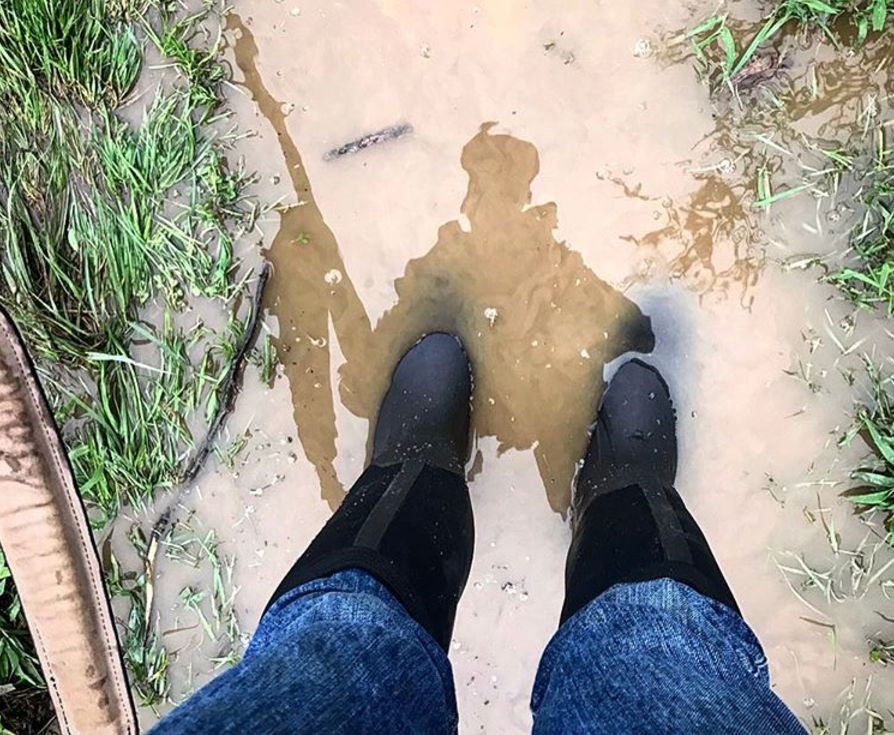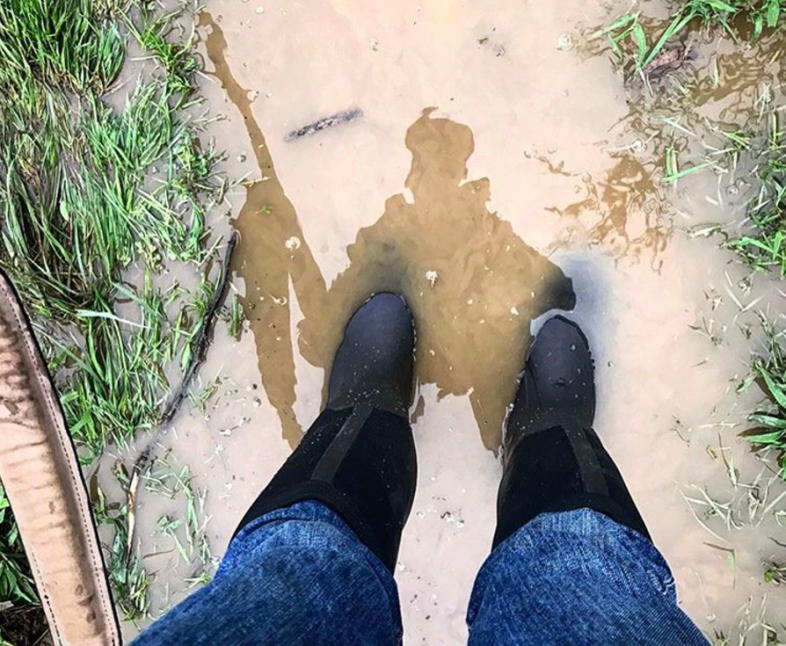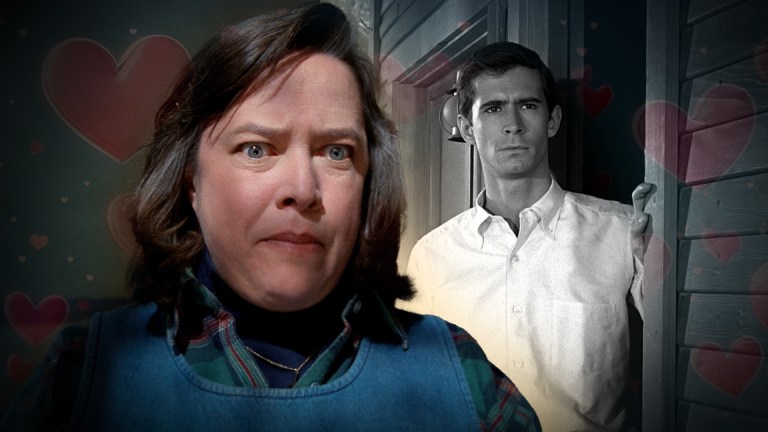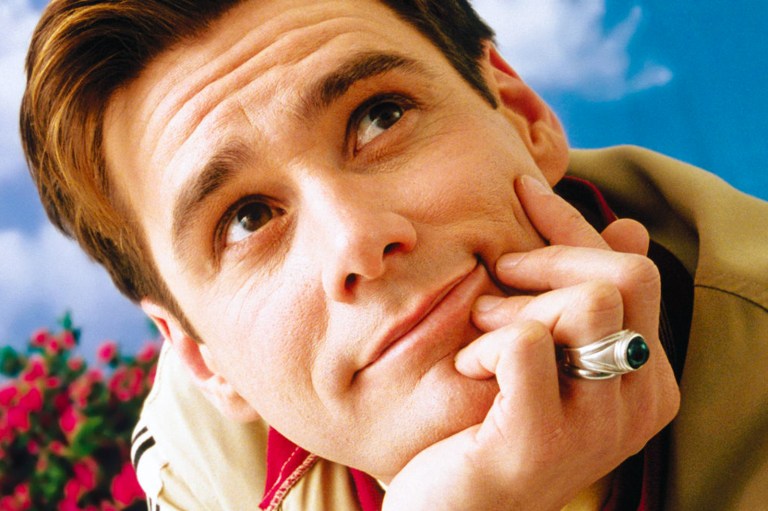
I Don’t Have Faith In Myself, I Have Evidence

You have to believe in yourself, they say. “If you don’t, who will?” goes the seductive logic. When no one else believed in me, I believed in myself. And so a seemingly empowering but innocuous phrase has been inscribed on a million inspirational quote images, been the subject of countless self-help books and TED Talks. Believe in yourself!
The problem is that it’s bullshit.
I don’t believe in myself. Many successful people don’t and didn’t.
Because it isn’t necessary.
They don’t need to have faith in themselves. They have evidence.
A few years ago, an interviewer asked Jay Z about his incredible self-assuredness. It’s a good question. He does seem like a person with unending faith in themselves. How else could he rap the things that he raps? How else could he have gone from the Marcy Projects to Madison Square? The truth is it wasn’t self-belief that got him there.
People don’t realize I’ve put a lot of my life into what I’m doing right now. I didn’t just have a hit record and get lucky. I put a lot of my life into it so the things that come out of it is not due to bravado and arrogance. I have confidence because of the work that I’ve put in, and I’ve put in so much work.
That’s the hard way. People prefer Rick Ross’s line in That Way—people prefer his way.
Our faucets used to drip, I used to ride the bench
But it was written in cursive for this king to exist
Man, what are you talking about?
To me, these two approaches are a perfect illustration of the difference between ego and confidence, belief and evidence, delusion and ambition. Both men are successful, but one lives in reality, the other in fantasy (one is a lot more successful than the other too).
On a regular basis, I get emails from people who are trying to do big things. They are convinced they have some multi-billion dollar idea, a genius pitch, some brilliant artistic concept. They also have complete certainty that it will be a success (“I just need you for the marketing”). It’s always fascinating to see what this certainty is based on, because it almost always turns out to be, well, nothing. Just hubris. Just delusion. Faith without evidence. Wishful thinking.
They think their success is written in cursive, when really, success and confidence are carved from the work produced. In gradual relief as the evidence comes in, reassessed at every turn. And while it’s perfectly possible that believers may turn out to be right, it’s the latter type, the evidence-based community, as the saying goes, who will enjoy their success more and find it considerably less precarious and fleeting.
The great military strategist B.H. Liddell Hart compared two different types of generals. The first is the Napoleon, who believes they are destined for greatness, in some cases, that from day one they have unswerving faith in their own specialness and importance. The second, someone like William Tecumseh Sherman, he says, is defined by a “slow growth dependent on actual achievement.” Which is happier? Which is better? I won’t make a joke about how the Napoleons and the Pattons of the world inevitably overreach and are often the source of their own disasters. Hart’s analysis makes a better argument:
“To the men of the last type their own success is a constant surprise, and its fruits the more delicious, yet to be tested cautiously with a haunting sense of doubt whether it is not all a dream. In that doubt lies true modesty, not the sham of insincere self-depreciation but the modesty of “moderation,” in the Greek sense. It is poise, not pose.”
When I left what was a very good job to write my first book, I didn’t believe I could do it. That would have been absurd. What would that belief have been based on? I had never done it before. What I did have was evidence of my own capacities. I had worked as a research assistant on other books. I had written on a regular basis for many years. I had sketched out a full outline of the book I wanted to write. I knew I wasn’t a quitter. That I was a fast learner.
What I had was not belief. I had a case, I had evidence that I would be able to write a book and I was willing to test that assumption. No more, no less. I remember about halfway through the manuscript, I sent it to someone I trusted and then met with them. The first question out of my mouth was, “So, is this a book?” I wanted feedback. I wanted objective feedback. I was willing to accept the verdict—or work to get the verdict I wanted.
Eventually I would taste that fruit that Hart was talking about—the sweetness of gradual accomplishment. The immense gratification of looking at something you created and thinking, “Where did that come from?” And being able to answer that it came from you. Not because you were born with it, because you are inherently or intrinsically entitled to it, but because you created it from nothing.
This—one of the greatest feelings is the world, I must say—is a feeling that can only be earned. To take it on credit in advance, to steal it, to pretend, is to miss the point. It deprives you of all the pleasure of the actual accomplishment.
The Bible describes faith as “the assurance of what we hope for and the certainty of what we do not see.” Whatever you want to do with your spiritual life is up to you, but that way of thinking is about as dangerous as it gets when it comes to one’s profession. Hope is not a strategy for writing a book or starting a company. It’s not something to bet your career on.
It is a recipe for potentially catastrophic failure. Napoleon believed he could take Russia (and so did Hitler). Cheney believed we would be greeted as liberators in Iraq. Trump believed that being president would be easy. Kanye believes he’s the Steve Jobs of fashion. What evidence did they have for these assumptions? Nothing. Worse than nothing actually, they had plenty of people telling them how hard it would be, how it would actually go. But they couldn’t listen. They had too much faith in themselves, too much certainty in what could not be seen.
You can lose your faith. You can’t lose facts.
In the end, the evidence almost always wins, as it did for Napoleon, as it will for Trump. And instead of tasting the sweet fruit of gradual accomplishment, they drank the bitter brew of abject failure. Many of them, in this moment, would find that ego that had whispered affirmations in their ears for so long, was now saying something quite different.
It’s not a way to live. It’s not a way to do big things. It’s a way to fail big.
The Shermans of the world, their rise was more gradual but it was based on what was real. His famous March to the Sea was military genius but hardly some flash of inspiration. It was the slow accumulation of his deep study of the country, of the failures and difficulties he faced in battle, of his insight into the Southern mind, his collaborations with Grant, and then his willingness to test the theory, city by city, town by town across rebel territory, even as the newspapers called him a madman, an idiot, and predicted his failure. It wasn’t faith in himself, it wasn’t belief that he was chosen by God, it was rational, operational, iterative. And it worked and it saved America.
It also saved himself—he knew when to stop the war, he knew how to end it peacefully, and he knew when it was time for him to walk away. (“I have all the rank I want,” he would say). That’s the other part of it. Somebody believes they can jump off a cliff and live—and if they do survive, that doesn’t mean it was a good idea. It just means they’ll keep doing it until, eventually, they don’t.
Is that what you want? Who do you want to listen to? The gamblers? Or the workers? The hustlers who sell hope as a product? Or the doers who don’t traffic in any of that?
As crazy as it sounds, you don’t need to believe in yourself. That’s not what’s holding you back. Whether you think you can do something is so much less important than whether you actually can or can’t do that thing. You need to assemble a case that proves you can. You need to do the work that stands as evidence for what you’re capable of.
So you can walk by sight, not by faith.
That’s how you actually end up achieving the things that other people are too busy believing they can do. ![]()











